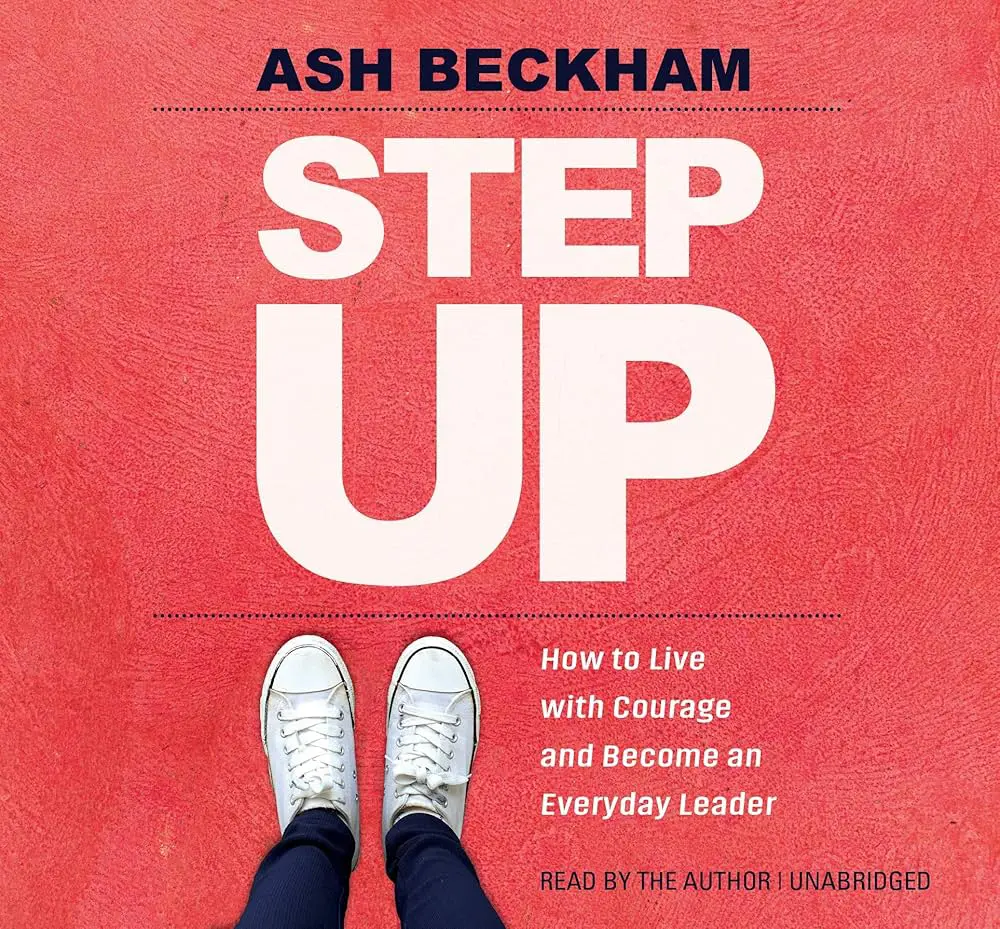The Secret to Staying Chill When Everyone Else Is Fighting
In our interconnected yet often divisive world, practicing mindfulness can profoundly reshape how we engage with others, especially when we find ourselves at odds with differing perspectives or choices. To me, mindfulness is the intentional act of observing and responding to the present moment with nonjudgmental awareness. Practicing mindfulness pairs naturally with empathy, encouraging us to cultivate deeper connections and kinder interactions, even in disagreement.
Empathy, simply put, is the ability and willingness to genuinely understand—or at least acknowledge—the feelings of another. It doesn’t require agreement or endorsement of their choices; rather, it asks us to momentarily step outside our judgments to acknowledge and honor another’s human experience. This acknowledgment is an essential act of kindness.
Yet pride often challenges empathy. Pride in our values, beliefs, and identities can unintentionally become a barrier. While pride can empower us, offering strength and resilience, it can also make it difficult to remain open-hearted toward those whose lives differ significantly from our own. The mindfulness challenge, then, is to hold our pride gently, using it to build our strength while remaining open, humble, and kind toward others—knowing that true strength comes from a willingness to learn and grow.
Mindfulness helps bridge the gap between pride and empathy by inviting a pause. Before reacting impulsively, mindfulness encourages us to pause, breathe, and create space between our instinctive reactions and thoughtful responses. Within this pause lies the potential to choose kindness—even when we cannot fully understand another’s journey or decisions.
Consider the moments when we encounter someone whose life or choices seem entirely foreign—or even troubling—to us. Our pride in our beliefs might rush forward, fueling judgment or criticism. Mindfulness steps in here, gently reminding us to acknowledge that our life path has shaped our perspectives uniquely, just as another’s path has shaped theirs.
When we pause mindfully, empathy can flow more naturally. We begin to see the human beneath the choices or perspectives we struggle with. We recall that each person carries their own history, pains, joys, and wisdom. Empathy doesn’t demand we abandon our values—only that we recognize and respect another’s right to their values and experiences. Everyone you encounter is fighting a battle you cannot see—or may not ever understand.
This mindful practice is particularly vital in times of societal polarization. When disagreements become intense, mindfulness encourages a respectful curiosity. Instead of arguing or withdrawing, we can ask thoughtful questions that open dialogue. Questions such as, “Can you share what this choice means to you?” or, “I’d like to understand your perspective better,” demonstrate an intention to honor the person before us. It signals clearly that we value kindness and connection above being right.
Kindness is a choice that mindfulness consistently invites us to make. It isn’t passive agreement; it is an active stance of respect and humility. To practice mindful kindness is to say, “I may not understand your choice, and I may even feel uncomfortable, but I respect you as a person deserving dignity and kindness.”
Mindfulness also reminds us that everyone—including ourselves—navigates life with limited understanding. Our perspectives are constantly evolving. What feels incomprehensible today might become clearer tomorrow through patience, openness, and dialogue. This humility, gently nurtured through mindfulness, makes kindness easier and more authentic.
Furthermore, being mindfully empathetic can positively affect our inner well-being. Choosing kindness reduces internal stress and emotional conflict, fostering inner peace. By acting kindly—even when it feels challenging—we nurture our capacity for compassion and understanding, deepening our emotional resilience.
Ultimately, integrating mindfulness with empathy and pride fosters a compassionate presence that can transform how we show up for ourselves and others. This mindful approach enriches our relationships, broadens our perspectives, and contributes meaningfully to creating more compassionate communities.
In a world desperately in need of kindness, our mindful willingness to empathize—even without full understanding—can be a powerful act of healing. Let’s commit to being mindful and kind, embracing empathy as a guiding principle, even when pride challenges our capacity to understand. It is within this delicate balance that we find authentic connections—and the transformative power of kindness.

Ash Beckham is an inclusivity advocate, keynote speaker, and author of Step Up: How to Live with Courage and Become an Everyday Leader. Known for her TEDx talks that have reached millions, Ash brings bold honesty, heartfelt humor, and practical wisdom to every conversation. She invites us to step out of our comfort zones, speak our truth with compassion, and lead with intention—in our communities, our conversations, and ourselves.